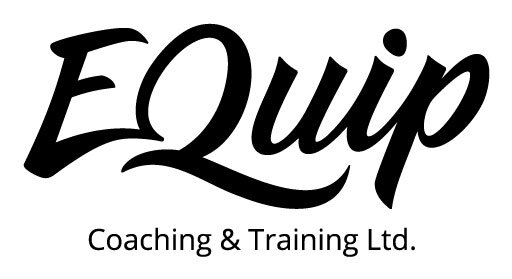David Clark
Emotional Intelligence: A 21 day step by step guide to mastering social skills
‘Emotional Intelligence: A 21 day step by step guide to mastering social skills’ aims to show the reader that emotional intelligence (EQ) isn’t an innate quality and is instead something that can be actively developed. It outlines a three plan, offering a new idea to try out each day.
The book is split into sections, covering four different areas.
Identifying your own emotions:
- Self awareness skills.
Managing your emotions:
- Self management skills.
Managing people’s emotions:
- Social awareness skills.
Secrets of building healthy social relationships:
- Relationship management skills.
Some people may benefit from following the step-by-step format, but we suggest focusing on the ideas that resonate most strongly with your own personal development goals. With that in mind, we are going to share a few of our favourite ones below.
Do a mental check-in
Good customer service could be characterised by people noticing something and asking questions in order to understand how you’re feeling about it. For example, if you are sitting in a cafe and a member of the waiting staff notices you shiver or put a jumper on, they may enquire if you’d like a window closed or the heating turned up. Your responses provide them with information they can use to verify or improve the experience you’re having. But how often - if ever - do we look to gather information about ourselves in order to understand how we’re feeling?
If, for instance, we’re feeling a sense of anger towards someone - do we try to explore what’s happening in a cognitive manner, or allow the feelings to dictate our behaviour? In this type of situation, it can be useful to ask ourselves some questions to delve into the reasons behind the anger. What’s causing it? Is it due to a clash of egos? Or are we in fact envious of the other person on some level? The process of building out a clearer picture of what’s going on can actually help defuse the intensity of what we’re feeling.
It can also be useful (and liberating) to break away from the mindset that emotions are either inherently good or bad. We should look at emotions for what they are on a biological level - neurohormones that are released in response to our perception of people and events - guiding us towards taking constructive and productive action. So when we’re experiencing something such as anger, it’s useful to remember that this is a valid emotion to experience and we shouldn’t try and suppress the feelings that accompany it. The key is being able to encounter such emotions without being automatically obligated to do anything about them.
Practice neutral thinking
We all can be prone to thinking in highly unrealistic and exaggerated terms when there is uncertainty over something. To combat this, practising neutral thinking helps us to actively challenge these extreme feelings - especially the negative ones - when there is no compelling evidence to support them.
For instance, when someone doesn’t answer his or her call or respond to a text message promptly, we may instantly see it as them ignoring us due to disinterest or because of something we’ve done. We seldom consider the possibility that he or she may be extremely preoccupied with something, and hence, view the act in a more objective light. People often don’t do things to purposefully make us feel miserable about ourselves, as much as we sometimes want to believe otherwise!
This doesn’t mean we should always put on rose-tinted glasses - instead it’s about gaining a more holistic, balanced perspective of the situation, rather than fixating on a particular outcome.
Aim to end on a cooperative note
Finishing any form of argument in a positive manner is obviously easier said than done. But our aim should always be to find a middle way - and find a win-win solution - rather than making it a battle of emotions and egos. It’s about finding a balance between being assertive of our own opinion (see Idea #4) and being empathetic of other people’s opinions.
When it comes to being cooperative with other people’s perspectives during opposition or disagreement - and to avoid seeing their viewpoints as hurdles to overcome - it’s useful to start by considering any evidence to counter our own biases. This is especially useful when the situation involves someone you are already familiar with and you believe they are purposefully trying to spite you. Instead of being defensive, consider every instance where he or she has offered care, affection or respect towards you. This should help move beyond an emotive response and towards a more rational, solution-focused mindset.
Practising assertiveness
Emotional intelligence (EQ) isn’t restricted to being empathetic and nice to others at all costs - it’s also about being fair to yourself. This is especially the case regarding things that matter deeply to you. Setting boundaries on what you consider fair, in both your social interactions and relationships, is very important - but can sometimes be difficult in practice, when appeasement feels like the easier path to take, or when we’re worried about causing offence.
When it comes to sharing your feelings during a difficult conversation, a useful trick is to refrain from beginning any sentence with “you”, which can make whatever we’re going to say sound accusatory and judgmental. The moment the other person hears “you,” he or she may subconsciously slip into a defensive position and the discomfort of the interaction will inevitably heighten.
Your thoughts:
Have you read ‘Emotional Intelligence: A 21 day step by step guide to mastering social skills’ already?
Do you think these ideas are useful?
Feel free to leave a comment below.





